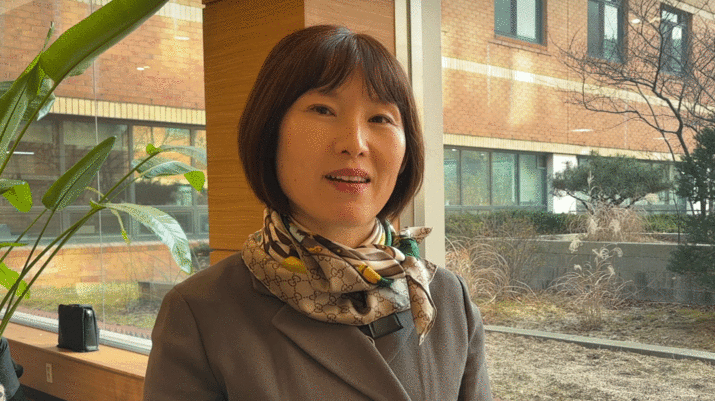Upcoming events
Voici les prochains évènements du réseau
Actualités
Ils nous ont rejoint
Témoignages
570 754
Alumni
17
événements
8 831
Offres
1 159
Partenaires






































